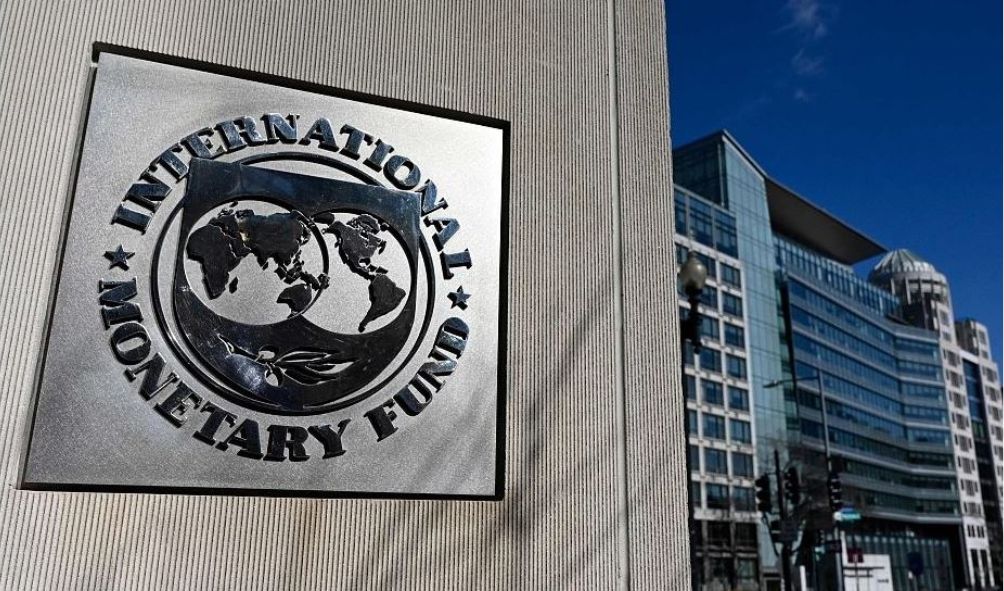IMF backs Ruto’s fuel price stabilization plan

IMF supports Ruto's latest plan to stabilize fuel prices through the Petroleum Development Levy (PDL) Fund
IMF supports Ruto’s latest plan to stabilize fuel prices through the Petroleum Development Levy (PDL) Fund.
Despite differing opinions on whether the government’s most recent step amounted to a “subsidy,” the International Monetary Fund (IMF) has thrown its support behind President William Ruto’s new plan to stabilize fuel prices using funds accrued in the Petroleum Development Levy (PDL) Fund.
The IMF, which promotes measures that are unpopular with the general public like taxing fuel, raising interest rates, and eliminating government fuel subsidies in exchange for financing, declared that Kenya’s effort to protect consumers from high fuel prices through the PDL is not a violation of its obligations under the IMF-supported program.
“As long as the action taken by the government is financed by the resources accumulated in the Petroleum Development Fund, the action does not lead to a breach of the government’s commitments under the IMF-supported program,” Selim Cakir, IMF’s Resident Representative in Kenya said on Thursday.
The statement comes after the government in the latest monthly fuel review (August 15-September 14) curbed further increases in fuel prices by opting to compensate oil marketers with the price differential amounting to Ksh7.33 ($0.05) per litre of petrol, Ksh3.59 ($0.02) per litre of diesel and Ksh5.74 ($0.04) per litre of kerosene.
President Ruto clarified that this action is not a ‘subsidy’ but purely a fuel stabilization mechanism through the PDL fund that is financed by motorists at the rate of Ksh5.4 ($0.03) per litre of fuel.
Kenya offers to refund US and Canada over recalled 100,000 substandard baby jeans
Ruto meets US Amb Meg Whitman and Senator Chris Coons after Raila jibe
Government revokes the registration of Pastor Ezekiel’s church
Peter Kenneth bank, Mayfair among those hit by Sh1.1bn tax demand
China pledges to support Ruto’s UDA party to remain relevant like Communist Party
However, there’s a divided opinion on whether it is a subsidy or a fuel price stabilization plan.
“The basic fact is we will no longer be operating at market price, and the cushioning effect will be provided by the government. That is a basic description of a subsidy,” said Ken Gichinga, chief economist at Mentoria Consulting.
“This is simply a subsidy that is sneaked to enhance price stabilization. Just the government wants to save face. It does not really matter but all in all the subsidies are back,” said Dr Samuel Nyandemo, a senior lecturer at the University of Nairobi’s School of Economics.
William Ruto withdrew Fuel among other subsidies after taking office, arguing that subsidizing consumption is ‘unsustainable’.
This followed pressure from the IMF for the government to remove fuel subsidies as one of the structural benchmarks for sustaining its funding programme for the country.
Also read,
Ruto makes new appointments as he sends Uhuru appointees home
Ruto responds to Raila over rogue remarks on US Amb Meg Whitman
Kenya targets 7.2% economic growth in 2027, Treasury
Government assures US Ambassador Meg Whitman of full support over Raila recall threat
DPP seeks to freeze Mandago assets over Finland scholarship scandal
Follow us





